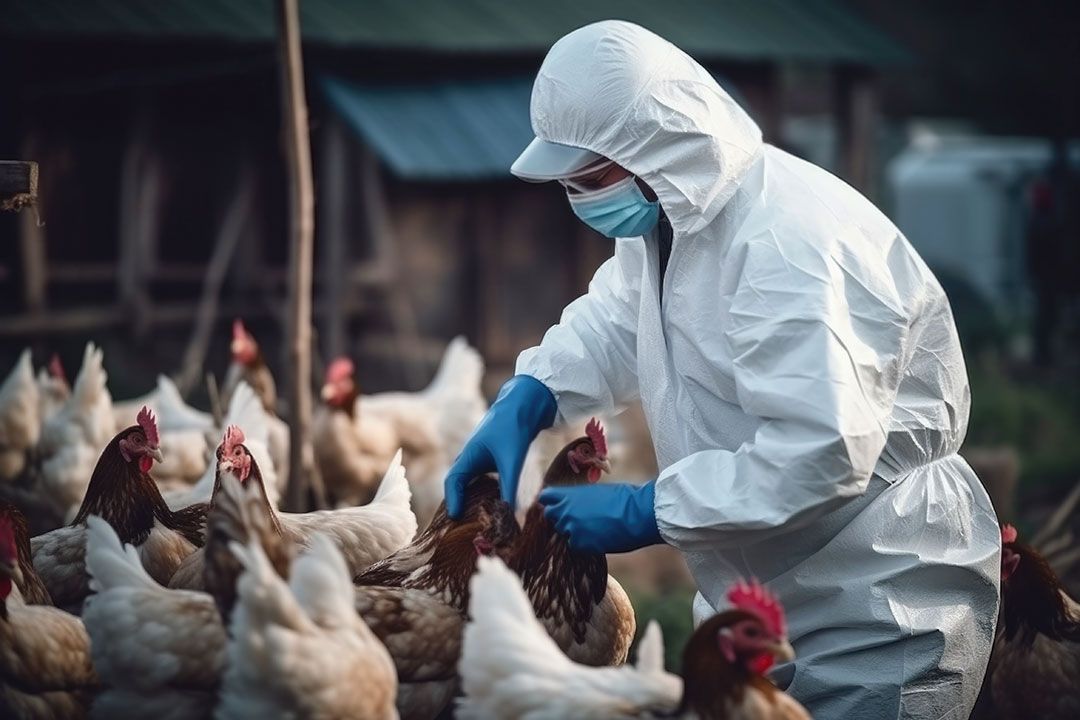Could the seasonal flu vaccine help protect against COVID-19?
A large study suggests the influenza vaccine may reduce the risk of some of the worst consequences of COVID-19.
- 13 July 2021
- 3 min read
- by Linda Geddes

The influenza vaccine may provide partial protection against some of the most severe effects of COVID-19, a major study suggests. One possibility is that it helps boosts the body’s innate immune system – its first line of defence against pathogens.
The influenza vaccine is no replacement for the COVID-19 vaccine, so people should still take up the offer of this once it becomes available to them.
Researchers from the University of Miami in Florida analysed data from 37,377 COVID-19 patients in the US, various European countries, Israel and Singapore who had received a seasonal influenza vaccine and a similar number who had not been vaccinated. They looked at how often they experienced any of 15 potentially serious health outcomes in the four months after being diagnosed with COVID-19. These included blood clots, strokes, heart attacks, kidney failure, and severe breathing difficulties, as well as various types of hospital admission.
The research, which was presented at the European Congress of Clinical Microbiology & Infectious Diseases (ECCMID) on Sunday, found that those who had not been vaccinated against flu were up to 20% more likely to have been admitted to intensive care, compared to those who did receive the seasonal influenza vaccine.
They were also up to 58% more likely to visit the emergency department or to experience a stroke, up to 45% more likely to develop sepsis and up to 40% more likely to develop a type of blood clot called a deep vein thrombosis – although there was no difference in the rate of death between the two groups.
Have you read?
Besides boosting the innate immune response, another possibility is that patients who had the flu vaccine were in better general health than those who went without. Although the researchers tried to take this into account, it is not possible to entirely eliminate such confounding factors.
They caution that more research is needed to prove the link and to better understand the underlying mechanism, however the study highlights the importance of getting vaccinated against seasonal flu. Doing so could help avoid a potential 'twindemic' – a simultaneous outbreak of both influenza and COVID-19 – and take the pressure off overstretched health systems. Also, if the research is confirmed, flu vaccination could help to strengthen protection in countries where COVID-19 vaccines are currently in short supply.
However, the influenza vaccine is no replacement for the COVID-19 vaccine, so people should still take up the offer of this once it becomes available to them.









